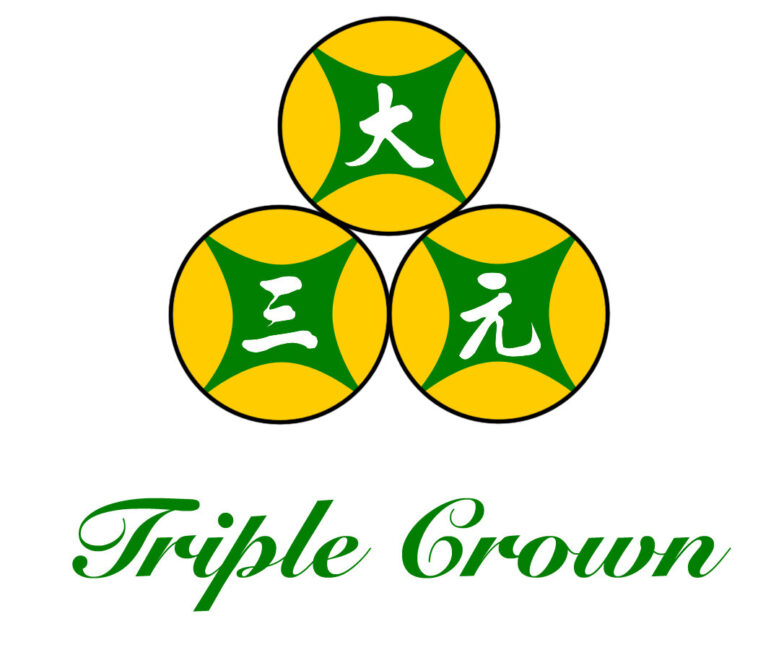Chicago businesses, heavily reliant on China, are finding themselves in a bind due to the current trade hostilities initiated under the Trump administration. With the Asian-heavy neighborhoods of Chinatown and Uptown at the focal point, the sobering effects of tariffs are more pronounced. One affected business is Triple Crown, a 200-seat establishment in Chinatown helmed by Spencer Ng, who carries on his mother’s legacy from 1996.
Following the steep tariffs of 145% imposed on China in April, Ng noted the distressing response from his vendors: an instant surge in prices on Chinese goods, particularly notable ingredients such as Sichuan peppercorns and red chili. The inflationary impact was alarmingly clear with the cost of a case of canned water chestnuts escalating to $55 in May, a significant rise from the prior year’s $35 price tag. Other essential ingredients like canned bamboo shoots and green tea are also seeing their prices skyrocket.
Common products imported from China, like takeout boxes, experienced an uptick in cost from last year’s $25 per case to a current $32, according to Ng’s estimates. The price of plastic table covers jumped from a meager 25 cents to 45 cents. Despite these cost escalations, Triple Crown has maintained its original menu prices to retain its loyal clientele, considered highly price sensitive.
Add to this the imposing hurdle of a lofty $6,000 expense to reprint menus during a period of erratic cost changes due to the tariffs. As negotiations between the U.S. and China unfolded in London, Trump announced that the U.S. would impose 55% tariffs while China agreed to 10%. But the exact specifics of this arrangement remain undisclosed.
The pandemic’s aftermath saw businesses in Chinatown, both in Chicago and across the U.S, having endured comparatively substantial struggles due to limited governmental relief and, in some instances, anti-Asian prejudice. Tariffs present an additional obstacle. Ng, in charge of Triple Crown, reports seeing a 25% surge in the prices of certain spices and green tea following the tariffs from the Trump administration.
Ng, a representative of the next generation of owners, located at 2217 S. Wentworth Ave., perceives these escalating costs as part of the broader challenge of the inflation spike in the post-COVID-19 era. He shared that the combined cost of primary ingredients and resources rose anywhere from 10% to 25%, or even more. For instance, his monthly expenditure for meat distribution has boomed from around $14,000 last year to a present $22,000.
In May, a glimmer of hope emerged with the declaration of a 90-day truce between the U.S. and China. Most tariffs levied on Chinese imports were slashed from a staggering 145% to a more manageable 30%. However, this leniency did not resolve all of Ng’s problems. ‘The unwavering dilemma is uncertainty; future expectations have become increasingly unpredictable,’ he expressed.
Despite the temporary break, Ng hasn’t hoarded supplies due to constraints concerning storage capacity and maintaining steady cash flow. Additionally, the lengthy time needed for goods from China to reach Chicago, along with the fluctuating nature of tariffs, further complicated matters. Ng had intended to grow by occupying the three-floor vicinity next door. But the tariffs have brought this expansion plan to a halt.
Sea Cucumber City, a provider of herbal medicines and snacks found in Chinatown, gives testimony to the tariff impacts. About 80% of their products originate from China, with offerings such as dried lotus seeds, salted fish, ginseng, and sea cucumbers. Fluctuations in price over the past months, for example, dried lotus seeds shifting from $13 to $16.50 per pound, demonstrate a direct consequence of tariffs.
The ambiguity aroused by tariffs is of great concern to both business owners and patrons in Chinatown, who, especially in the case of older citizens, are cautious about price changes. As the toll from tariffs keeps piling up, these disparities could possibly grow more profound. In Uptown, many Asian-owned businesses still reel from the pandemic’s devastation. The district, cherished for its Southeast Asian inhabitants, principally located on ‘Asia on Argyle,’ now faces an additional burden from the tariffs.
A blanketing quiet has descended on many storefronts, particularly along Argyle Street, with an estimated 30% of businesses closing down. The pain of tariffs is palpably experienced by businesses sourcing materials and products from China, imposing an up to 25% cost increase. Recently, these businesses are being advised to shift their sourcing from China towards Vietnam and Thailand. However, these alternatives also felt the sting of Trump’s tariffs on 60 countries.
Over time, local businesses have sought aid in the form of grants and government support to grapple with these compounded challenges. Yet, concerns like inflation, decreased customer inflow, and gentrification continue to loom. Peter Yuen, the proprietor of La Patisserie P, views the tariff imposition as a daunting wake-up call. Costs have skyrocketed for uniquely Chinese ingredients like red bean paste and melon cake, as well as for sacks of Chinese flour made from US-grown wheat, which moved from $35 to $75 within a year.
Yuen is making adjustments by inventing extraordinary pastries and searching for extra storage capacities for maintaining supplies. Nevertheless, his bakery insists on its resilience despite these tests. ‘We have stood here since 1982,’ Yuen proudly remarked about his second-generation establishment. ‘Facing and overcoming trials are part of our ethos, as has been the way of Chinese Americans over the centuries.’




